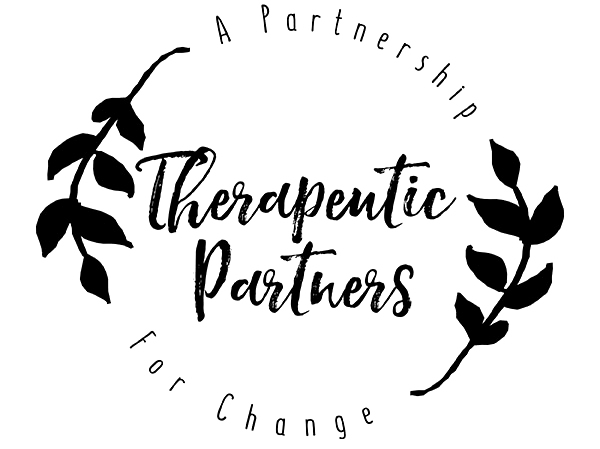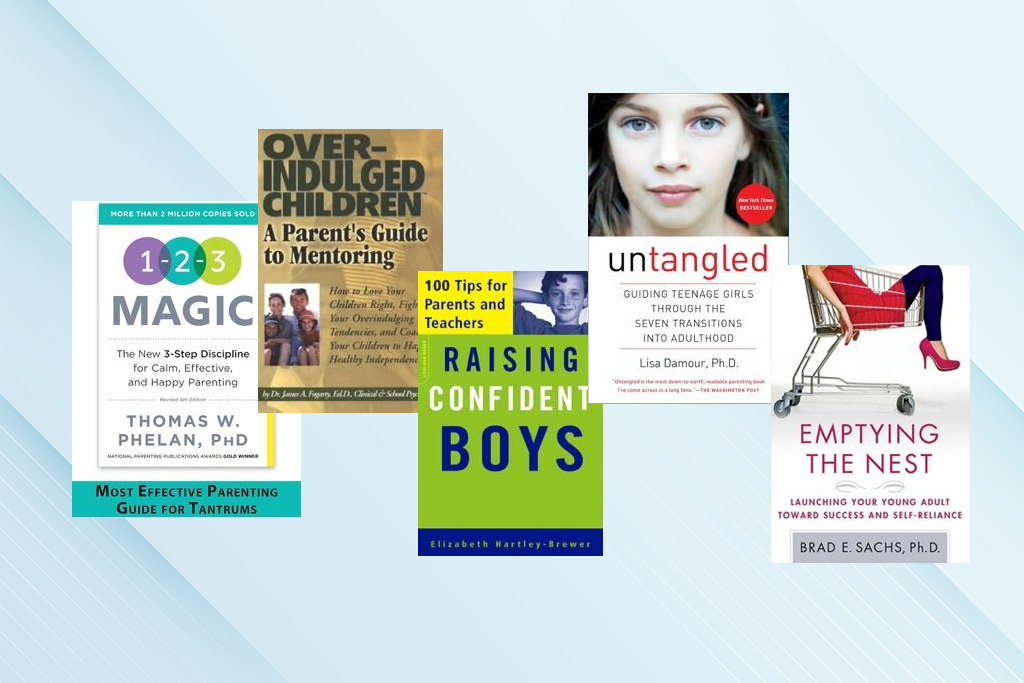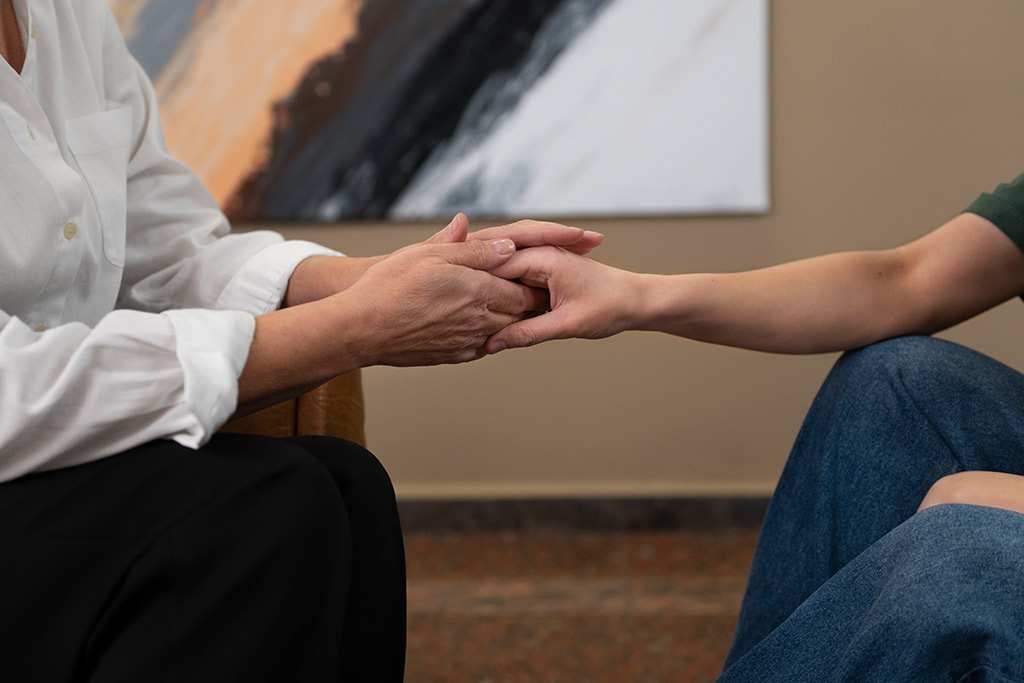
In case you missed them, here are the first and second parts.
11. Expect behavioral issues in children, and respond gently. We are all struggling with disruption in routine, none more than children, who rely on routines constructed by others to make them feel safe and to know what comes next. Expect increased anxiety, worries and fears, nightmares, difficulty separating or sleeping, testing limits, and meltdowns. Do not introduce major behavioral plans or consequences at this time—hold stable and focus on emotional connection.
12. Focus on safety and attachment. We are going to be living for a bit with the unprecedented demand of meeting all work deadlines, homeschooling children, running a sterile household, and making a whole lot of entertainment in confinement. We can get wrapped up in meeting expectations in all domains, but we must remember that these are scary and unpredictable times for children. Focus on strengthening the connection through time spent following their lead, through physical touch, through play, through therapeutic books, and via verbal reassurances that you will be there for them in this time.
13. Lower expectations and practice radical self-acceptance. This idea is connected with #12. We are doing too many things in this moment, under fear and stress. This does not make a formula for excellence. Instead, give yourself what psychologists call “radical self acceptance”: accepting everything about yourself, your current situation, and your life without question, blame, or pushback. You cannot fail at this—there is no roadmap, no precedent for this, and we are all truly doing the best we can in an impossible situation.
14. Limit social media and COVID conversation, especially around children. One can find tons of information on COVID-19 to consume, and it changes minute to minute. The information is often sensationalized, negatively skewed, and alarmist. Find a few trusted sources that you can check in with consistently, limit it to a few times a day, and set a time limit for yourself on how much you consume (again 30 minutes tops, 2-3 times daily). Keep news and alarming conversations out of earshot from children—they see and hear everything, and can become very frightened by what they hear.
15. Notice the good in the world, the helpers. There is a lot of scary, negative, and overwhelming information to take in regarding this pandemic. There are also a ton of stories of people sacrificing, donating, and supporting one another in miraculous ways. It is important to counter-balance the heavy information with the hopeful information.
Our therapists in Raleigh, Holly Springs and surrounding towns are here to help if you need someone to talk to and help you find solutions to these new challenges during this unique time in history.



